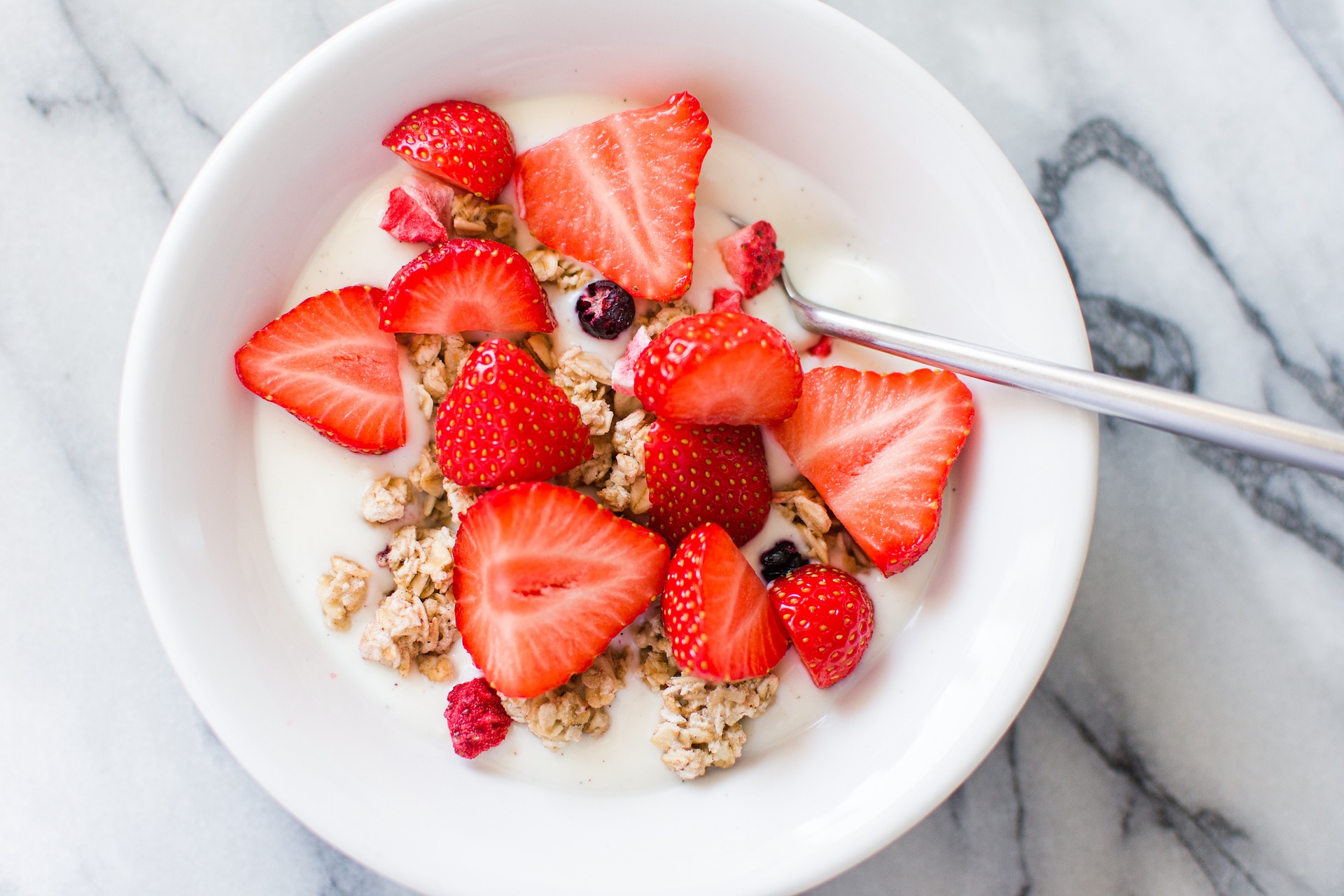The Intricate Relationship between Food and Mood: Unraveling the Science of Nutritional Psychiatry
Have you ever wondered why certain foods make you feel happy, energized, or relaxed? This phenomenon is more than just a personal preference—it's a fascinating manifestation of nutritional psychiatry. Nutritional psychiatry is an emerging field that examines the role of food in mental health. Scientists have long recognized the significance of a balanced diet for physical health, but the impact on our mental well-being has only recently gained attention. In the mid-20th century, medical researchers began investigating the potential psychological effects of nutrients, laying the groundwork for today's understanding of nutritional psychiatry.
Understanding the Food-Mood Connection
The food we consume affects our brain chemistry, impacting our mood and mental health. Nutrients like omega-3 fatty acids, found in fatty fish, and tryptophan, present in turkey, have been proven to boost mood and enhance mental health. These nutrients influence the production of neurotransmitters—chemicals that transmit signals in the brain—that regulate our emotions.
The Science behind Nutritional Psychiatry
Research has shown a correlation between dietary patterns and mental health issues. For example, a diet high in refined sugars could amplify symptoms of mood disorders, such as depression. Conversely, consuming a diet rich in fruits, vegetables, lean protein, and whole grains can contribute to better mental health.
The Power and Limitations of Nutritional Psychiatry
While the potential of nutritional psychiatry is promising, it’s crucial to consider its limitations. Food isn’t a cure-all solution for mental health issues, and professional medical treatment should not be overlooked. However, incorporating nutritional strategies can complement traditional therapies, potentially enhancing their effectiveness and promoting overall wellness.
A Plateful of Positivity: Practical Tips
- Incorporate mood-boosting foods into your diet, such as fish rich in omega-3s, and fruits and vegetables packed with antioxidants.
- Limit consumption of refined sugars and processed foods, which can negatively impact your mood.
- Hydrate regularly. Dehydration can lead to fatigue and irritability.
- Maintain a consistent eating schedule to avoid blood sugar dips that can cause mood swings.
In conclusion, the connection between our dietary choices and mental health is more complex than we might initially think. Nutritional psychiatry provides a fresh perspective on this relationship, highlighting the potential of a balanced diet to enhance our emotional well-being. While it doesn’t replace professional mental health treatment, it offers an empowering way to support our mental health through mindful eating. Remember, every bite counts—not just for your body, but for your mind too.





